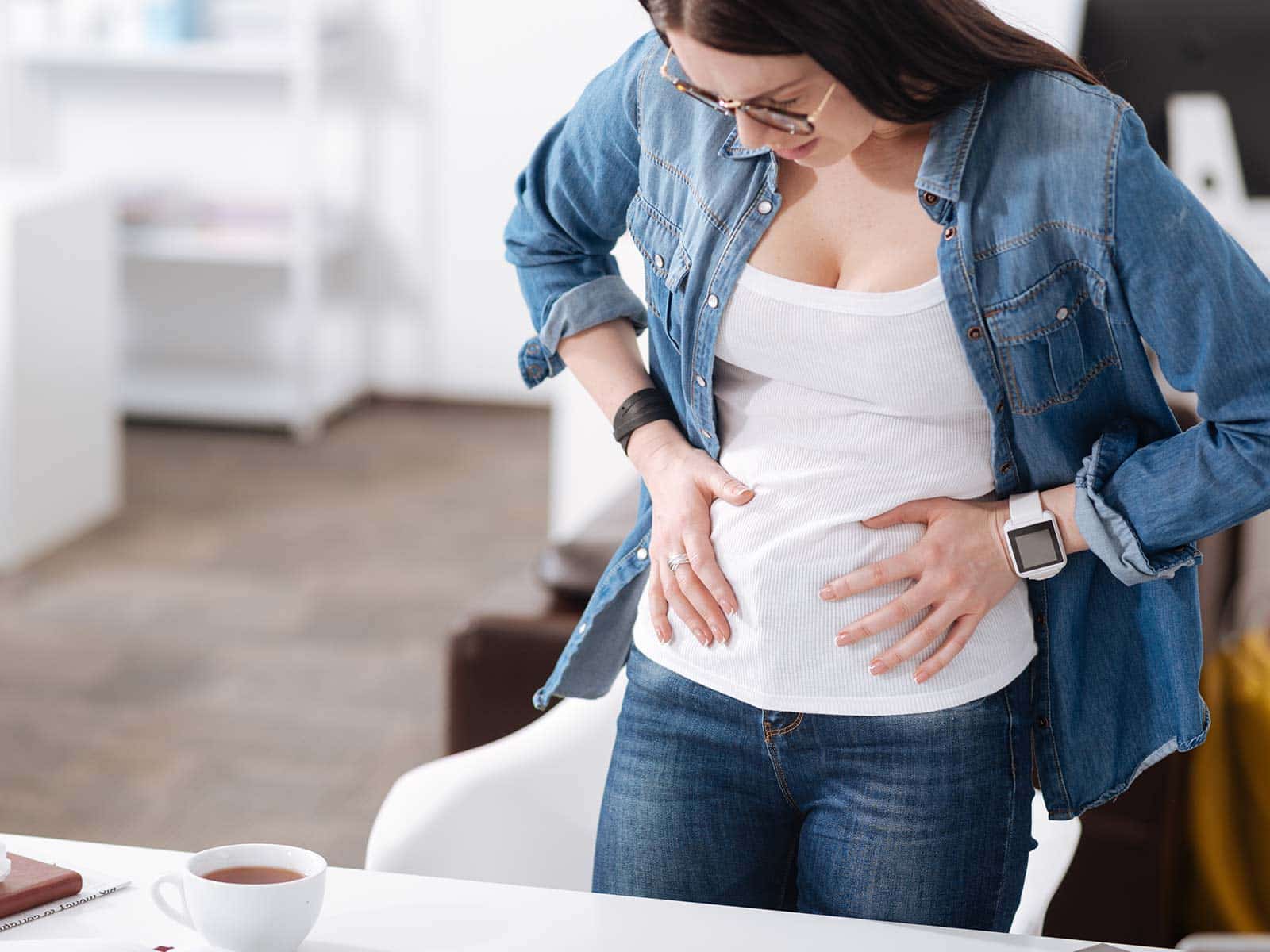
Being fat-bellied is referred to as the abdominal distension. It is not simple to say that it is due to the gas, fluid, press within. This edema can be tense, packed and superficial.
Abdominal distension patients share some of the symptoms, these include:
The list of potential reasons of this condition is large:
GastroDoxs is produced based on the patient-centred approach and holistic solution to the digestive system to offer high quality treatment and professional diagnostics of abdominal distension and the abdominal related disorders to the patients. We believe that our model is based on the individual approach to care (compassionate) to enable you to enjoy long-term reprieve and improved quality of life.
Swollen belly and bloating are not reasons to stay back. One can now make a booking with GastroDoxs in Cypress and feel better. We have gradually grown to feel better.
We've successfully treated more than 381 patients, helping individuals improve their digestive health and overall well-being through expert, personalized care.
With over 20 years of experience, GastroDoxs has been a trusted provider of gastroenterology care, focusing on delivering the best outcomes for patients
Abdominal distension has ICD-10 of R14.0. It is a medical code and insurance code where the swelling of the stomach or bloating is stated and billed out.
Yes. Large cysts in the ovary may press the organs and tissues of the abdomen to an extent that causes them to appear as swollen or distended abdomen to be seen and result in pain.
The reasons of bloating post exercise; include excessive consumption of air during exercise, dehydration and muscle fatigue on the abdominal wall which may result in tightening up of your belly or swelling.
The differentiation may involve such phenomena as gaseous accumulation, constipation, irritable bowel syndrome (IBS), ascites, bowel obstruction, hernia, or gygnecological issues like ovarian cysts.
Treatment of older adults is often done with the help of relatively mild dieting, hydration, moderate activities, and correction of underlying comorbidities such as slow digestion or drugs side effects.
Specialist is required in case of acute or chronic distension, sharp pain, loss of weight suddenly, fever, vomiting or change in bowel habits.
Yes. Mild cases can be treated with simple measures that include post meal walks, peppermint or ginger tea, warm heating pad and avoidance of trigger foods.
Absolutely. Stress also may have an effect on gut motility and sensitize the gastrointestinal tract resulting in the increase in the amount of produced gas, cramping and sense of distension.
Small acute distension in most instances will fade away in a few hours or few days. Recurring or chronic cases can be associated with the use of lifetime lifestyle change and medication.
According to your symptoms and physical examination, the tests ordered by your gastroenterologist will involve: blood tests, abdominal ultrasound, CT scan, endoscopy, stool studies.